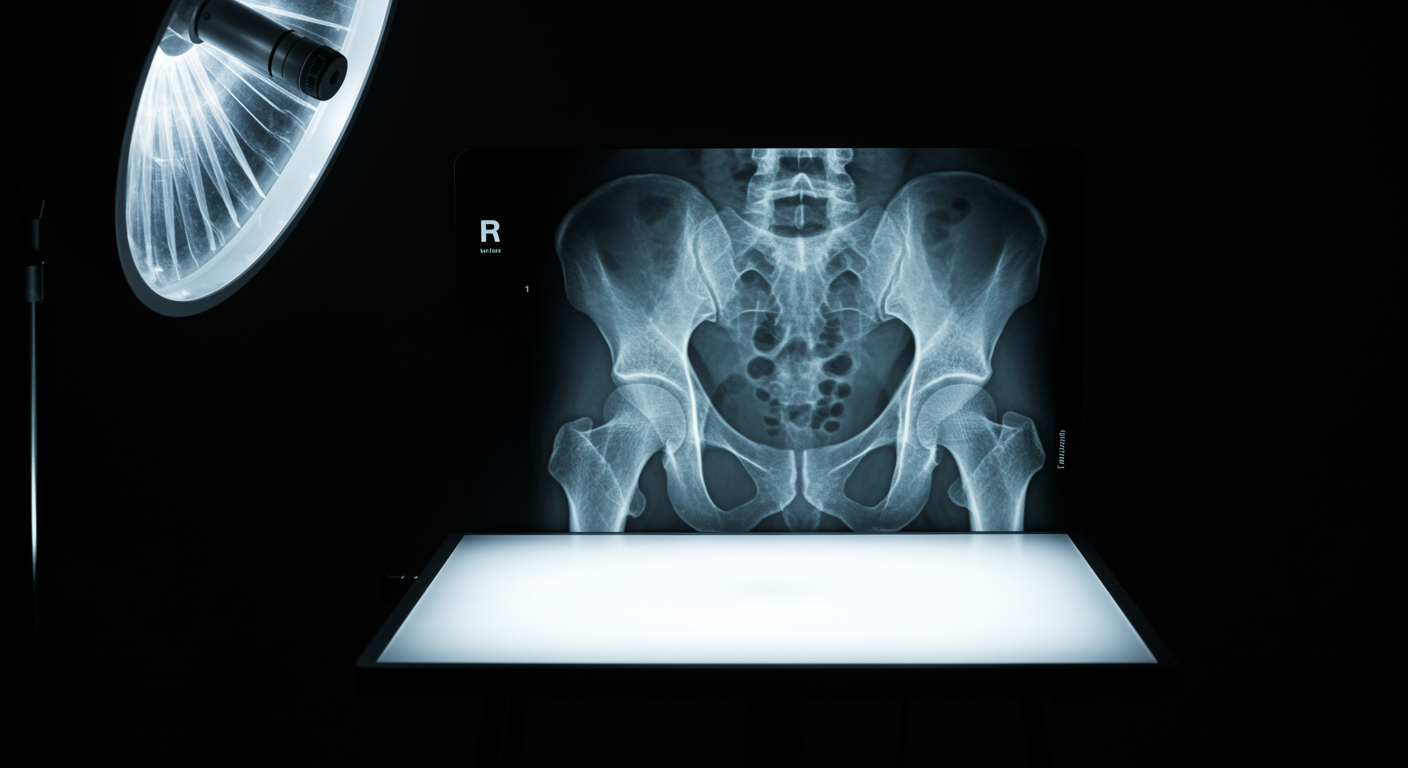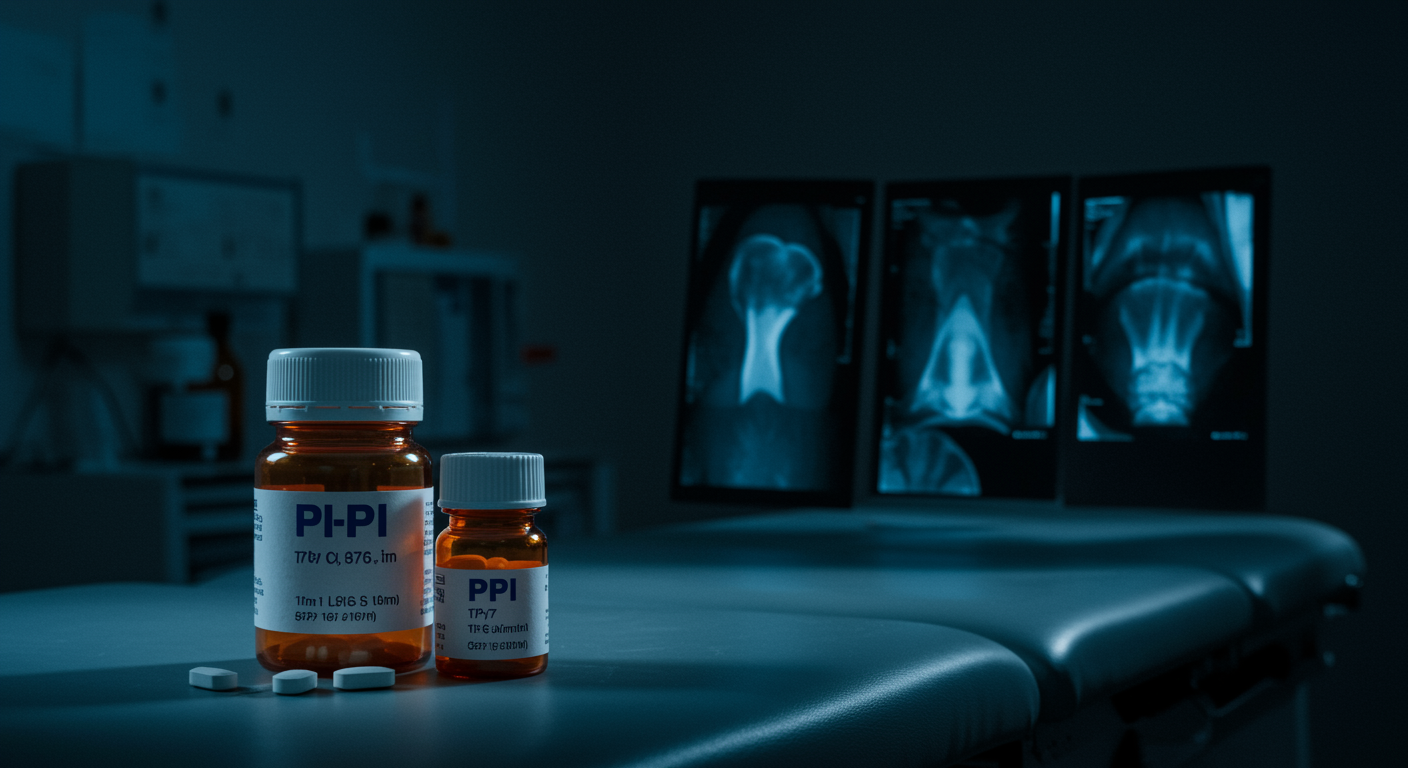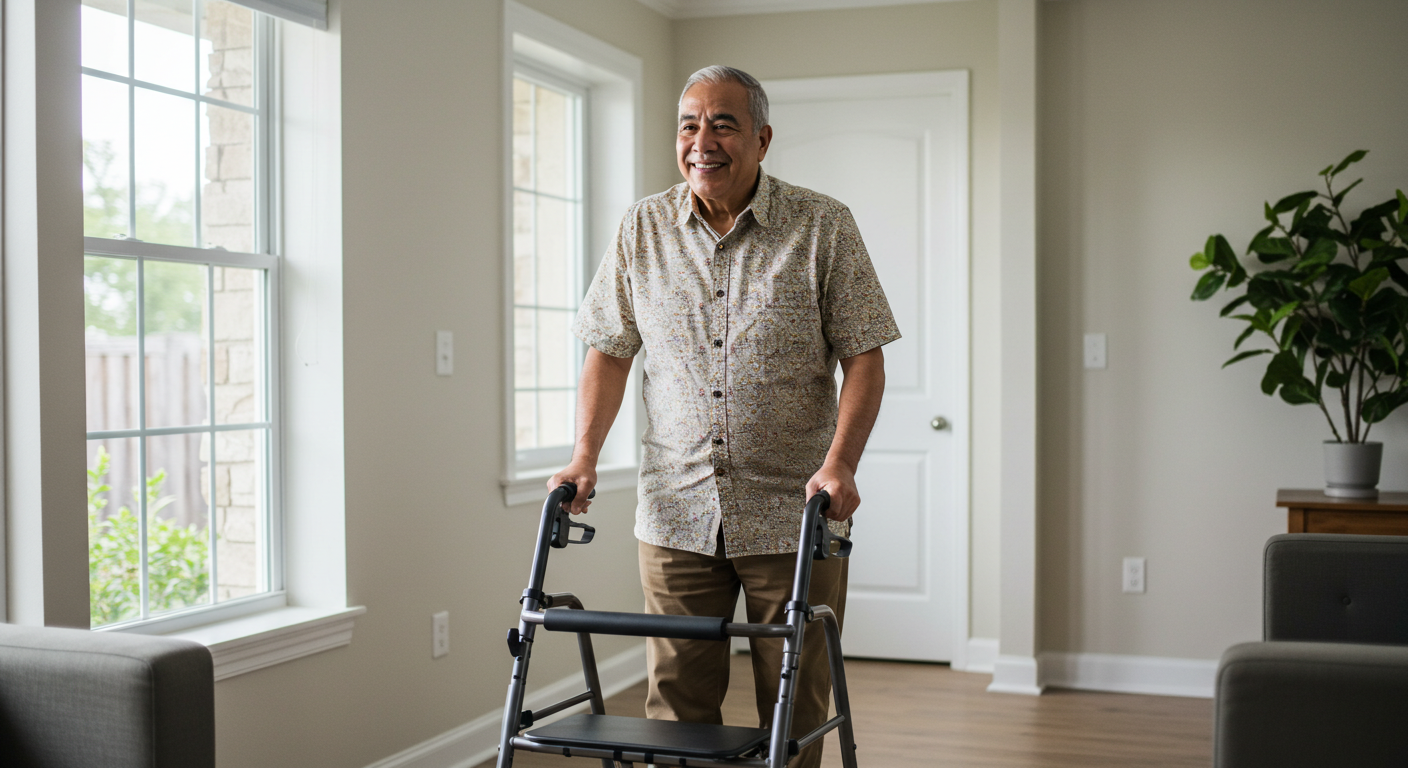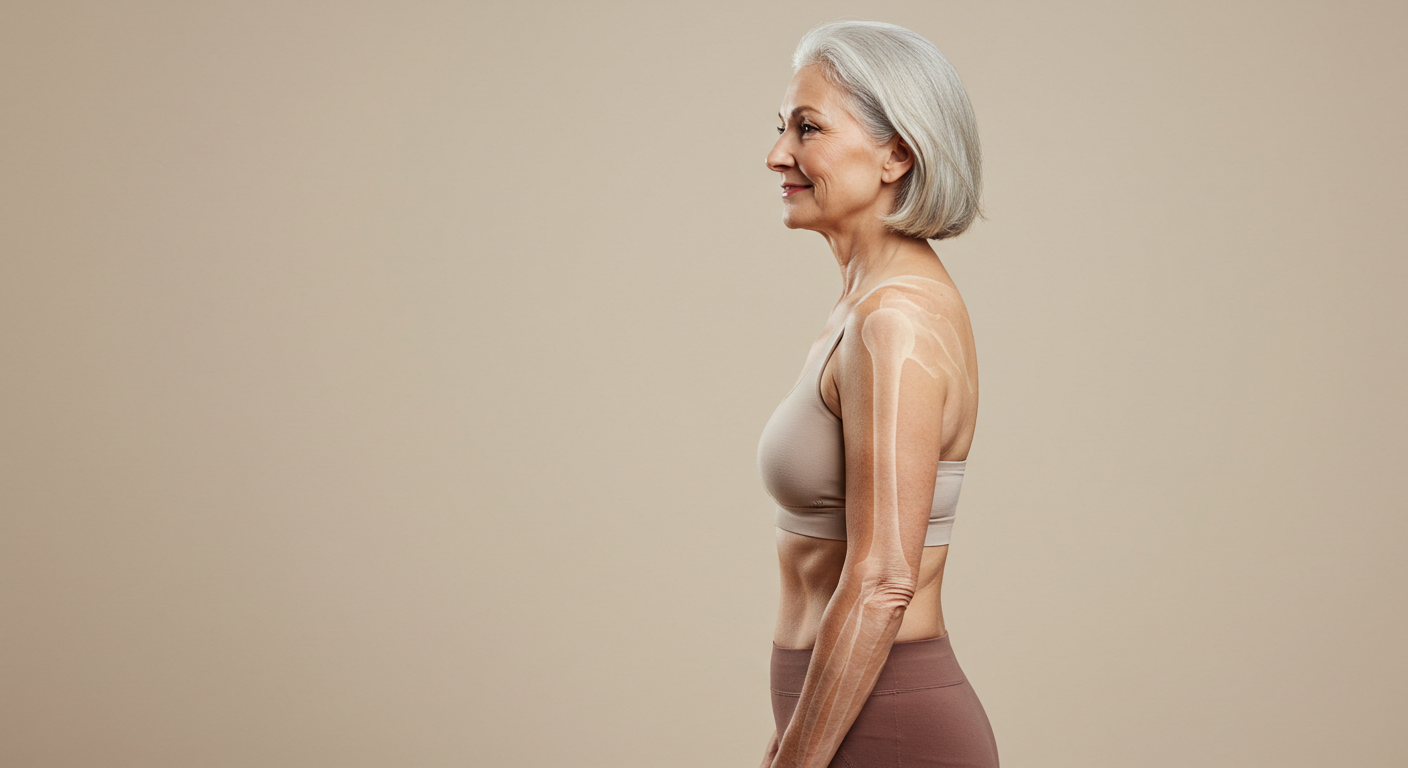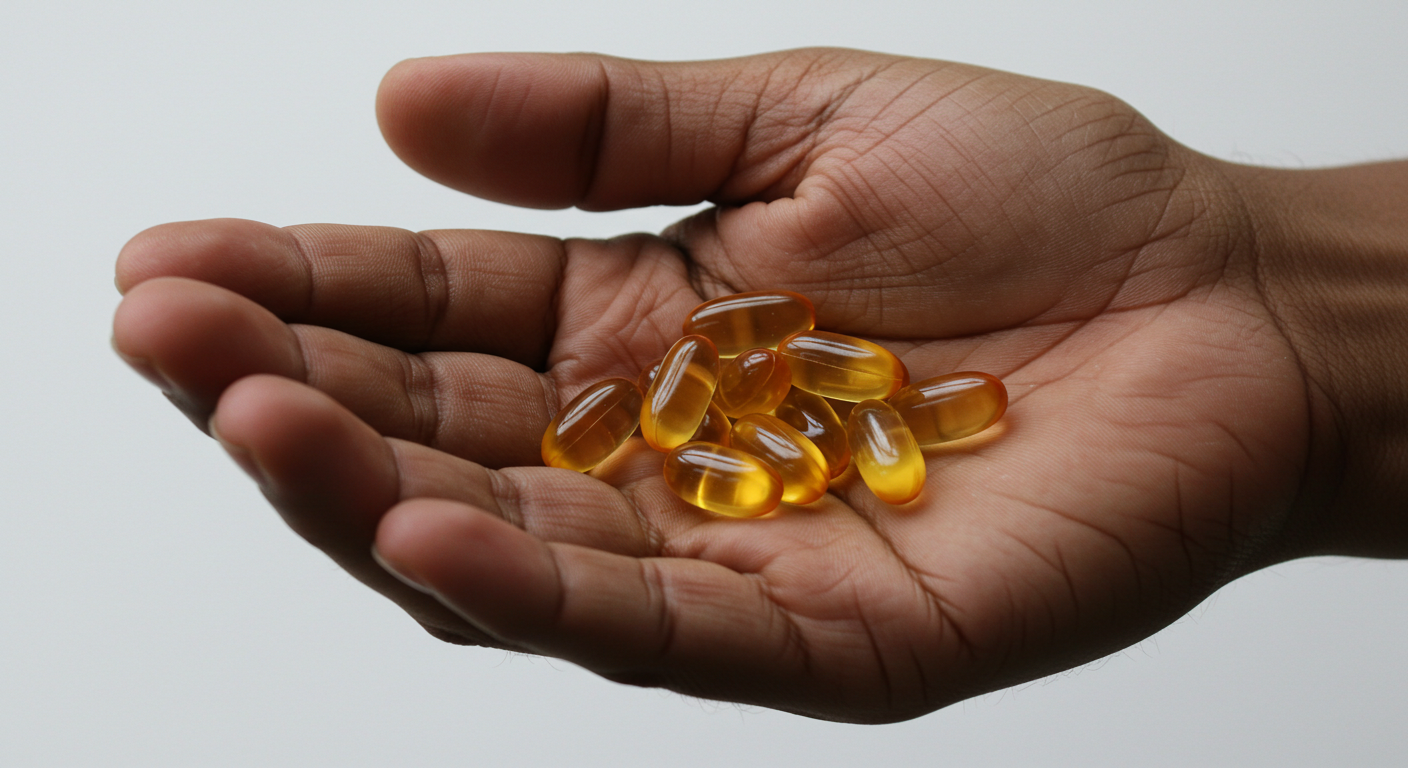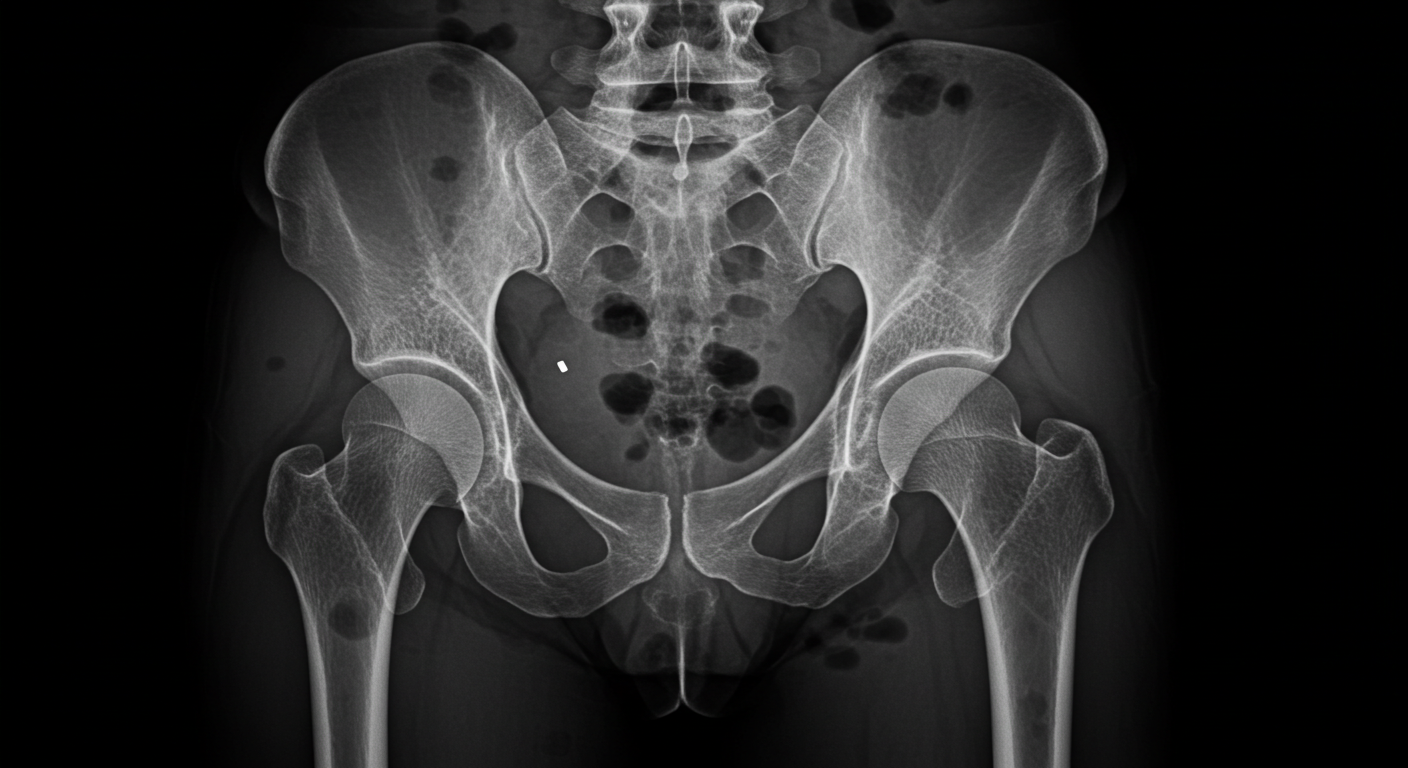What Happens to Your Bones When You Stop Hormone Therapy?
Does Stopping Hormone Therapy Increase Fracture Risk?
Yes, significantly. This large prospective study found that women who stopped hormone therapy had a 55% increased risk of hip fracture within 3-5 years compared to those who continued treatment. The protective bone effects of hormone therapy are lost relatively quickly after discontinuation, making transition planning crucial for women who need to stop treatment.
Dr. Kumar’s Take
This study highlights one of the most important but overlooked aspects of hormone therapy: what happens when you stop. Many women are told to discontinue hormone therapy at arbitrary ages without consideration of the consequences for bone health. The rapid loss of bone protection after stopping hormone therapy means we need better strategies for managing this transition, including bone density monitoring and alternative treatments.

